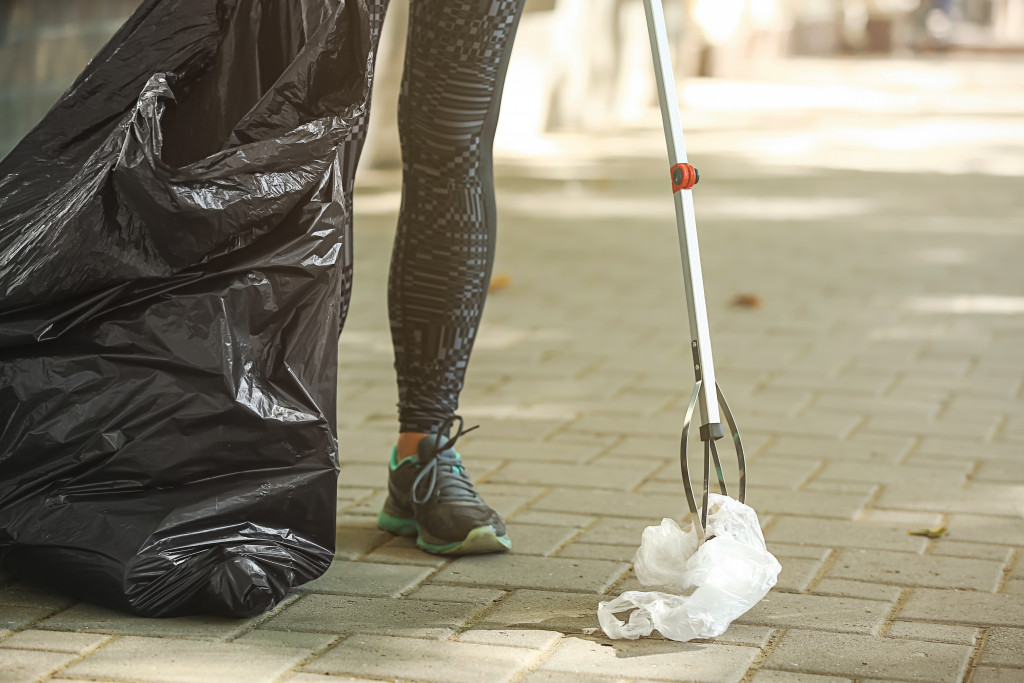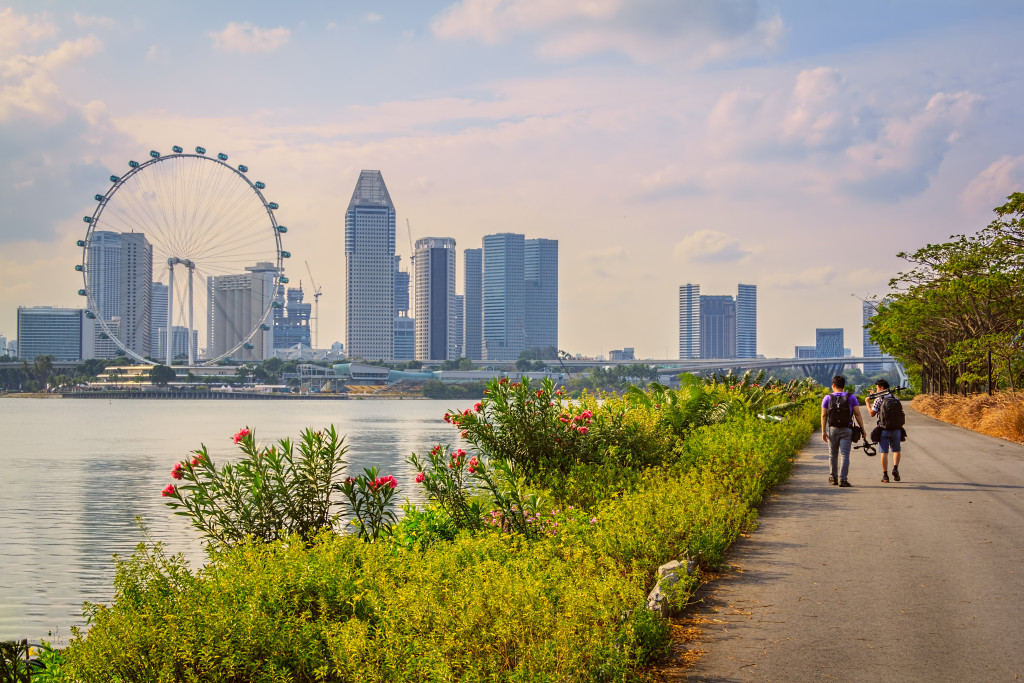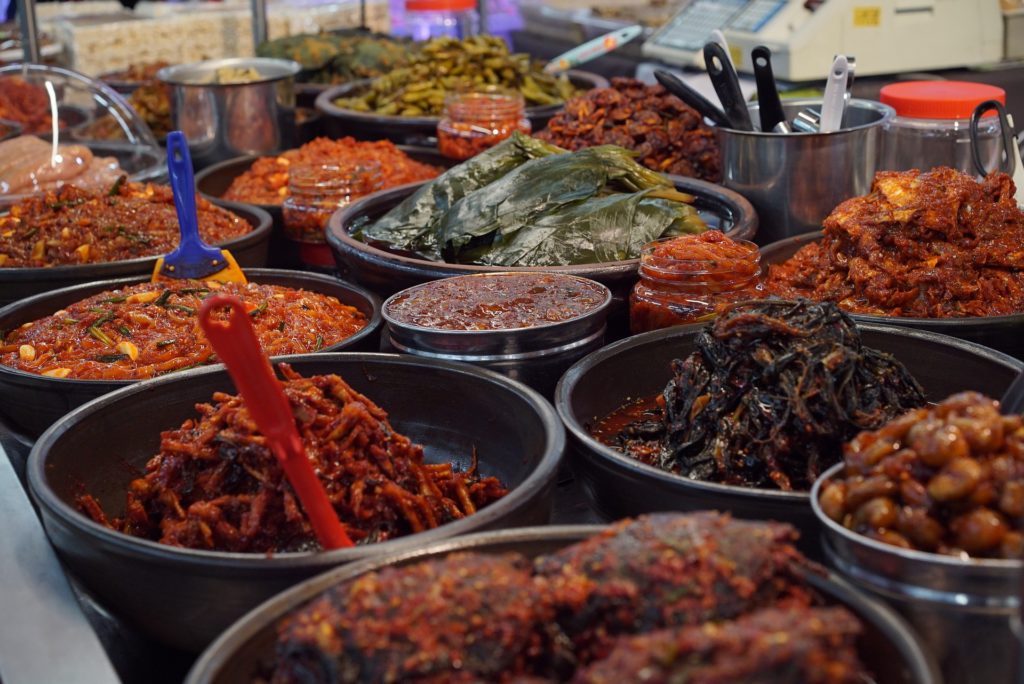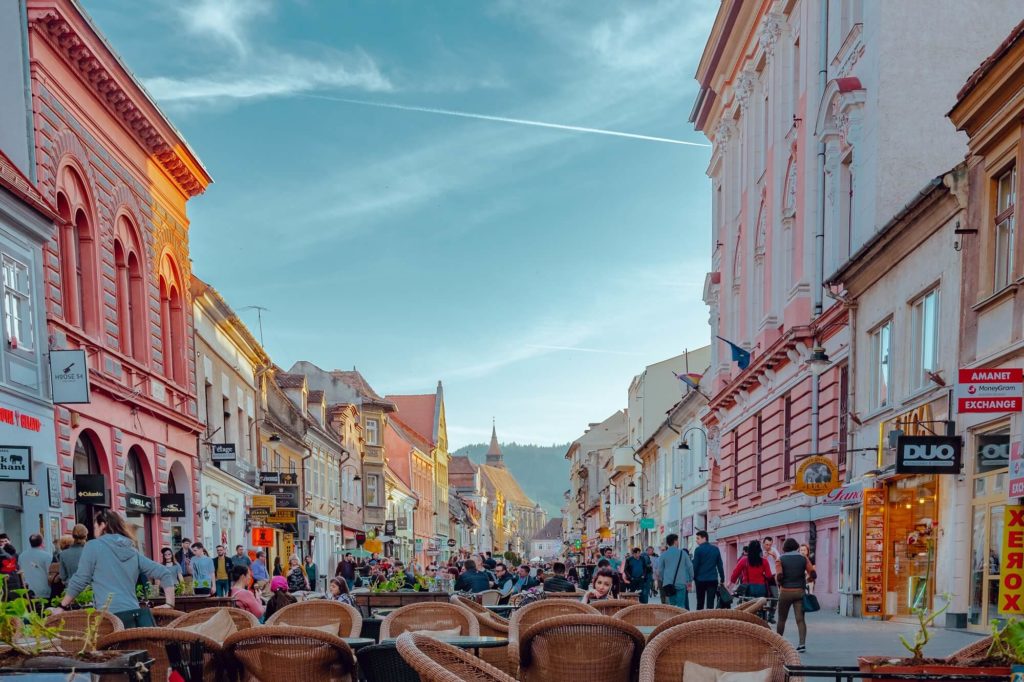Planning a trip to Singapore? Then you’re in for an amazing travel experience! Singapore is among the Asian countries known for its dynamic and popular destinations such as Marina Bay Sands, Gardens by the Bay, and Orchard Road. The city-state has one of the highest diversity in terms of entertainment, culture, and trade. From unique destinations to stunning green gardens, Singapore has left many tourists truly impressed with its diverse traveling opportunities.
Often dubbed the “Gateway to Asia,” Singapore is also known as one of the world’s cleanest cities. It has a reputation for its strict laws and regulations that are somehow responsible for its clean streets and safe, efficient destinations. One example is the strict safety and hygiene standards at restaurants at Changi Airport. For a city-state known for its endless pursuit of cleanliness, it’s not surprising Singapore is also taking careful steps in ensuring food safety.
Despite these exciting facts about Singapore, there are some things that tourists should take note of to avoid getting jailed in the middle of the trip. This means travelers have to follow certain rules and laws to avoid upsetting the locals and authorities. In this article, we’ll look at the things tourists shouldn’t do when in Singapore.
Chewing gum
Singapore has a stringent rule for banning chewing gum, unless for medical reasons. Even simply carrying or chewing gum around Singapore can cost you over S$1000 for the first offense.
The locals take cleanliness and hygiene seriously in the city. While chewing gum is trivial and insignificant to most of us, the Singapore government enforced the law after facing maintenance problems in public places and housing flats when removing gum in elevators, pavements, and beneath tables and chairs. This led to costly measures and time-consuming tasks to tackle them.
If you love to chew gum for whatever reason, note that many stores in Singapore aren’t selling gum. Pharmacists only sell it to patients who can present an ID or prescription. Importing chewing gum is also illegal, so make sure to check your bags for any errant gums in the pockets.

Throwing litter
While this may seem a common etiquette, throwing litter (even the tiniest one) is something you don’t want to be caught doing in Singapore. As mentioned earlier, Singapore consistently ranks high among the cleanest cities worldwide and wants to stay that way. Even the government is very serious about laws concerning minor offenses.
Also dubbed the “Fine City,” Singapore is known for its infamously harsh fine system to keep the city in good order. Thus, Singapore imposes serious penalties such as community work and costly fines to maintain its squeaky-clean image from
Smoking in public
Anti-smoking laws have become commonplace in several countries today, so it’s not surprising why Singapore is one of them. Singapore strictly bans smoking, which comes with expensive fines when caught breaking the rule. This also applies to air-conditioned areas, such as eateries and malls.
Singapore also bans e-cigarettes, but it has designated smoking areas away from public spaces, so check them out if you badly need a quick puff.
Vandalizing
If your home country is quite lenient on tackling vandalism, Singapore is different. Spraying graffiti on public or private property or any form of vandalism is completely illegal in Singapore and comes with high-profile punishments. These include putting up banners, posters, or flags, carving hearts on wooden benches or tree trunks, spray-painting art, and putting love locks onto a bridge.
Besides paying fines, offenders have to serve jail time and might undergo disciplinary action (e.g., caning) for their misconduct. One example was in 2015 when German tourists made the news after being sentenced to caning after spray-painting train carriages.
If you want to see murals and street art, there are neighborhoods around Singapore that allow this, such as Tiong Bahru and Telok Ayer.
Tipping
Tipping may be common in some countries, but Singapore doesn’t allow restaurant diners to tip waiters or any hospitality staff. In fact, people find it disrespectful or offending when handed a tip. This is partly because tipping isn’t big in Singapore and is not a part of their culture.
Food establishments add The Goods and Services Tax on the bill together with service charges that serve as the tip, so you don’t have to hand that extra money no matter how satisfied you are with their service.
Breaking laws is something you never want to do, especially while traveling. Singapore is notorious for its strict laws, so it makes sense to understand the things you should and shouldn’t do. We hope this article has given you insights the next time you plan to visit this wonderful city-state. Taking note of these rules will ensure a hassle-free travel experience.




